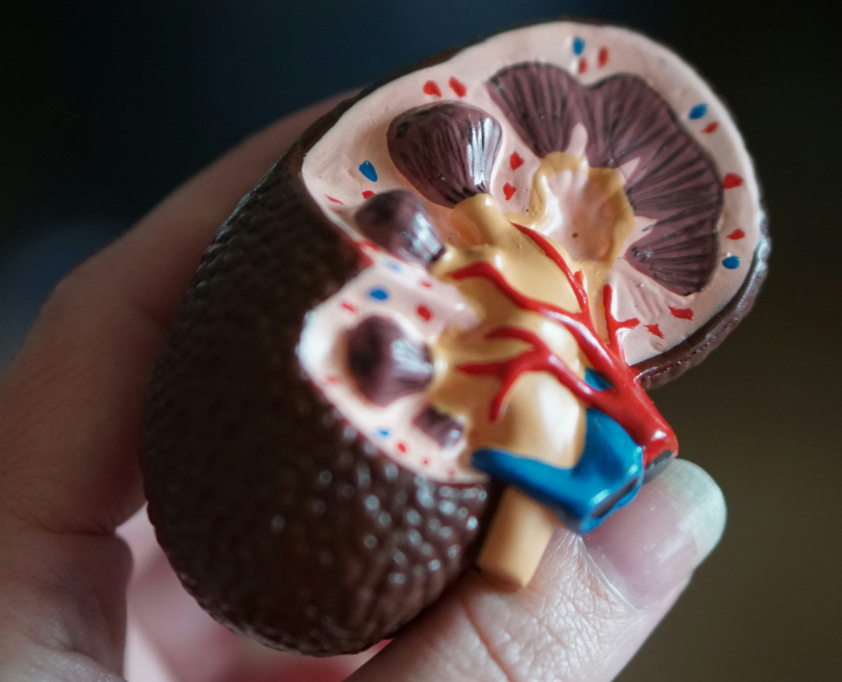Medication treatment for ST-elevation myocardial infarction (STEMI) differs from that of non-ST-elevation myocardial infarction (NSTEMI) due to the severity of the heart attack, with STEMI requiring clot-busting medications and NSTEMI focusing on preventing clot formation and managing symptoms.
STEMI:
- Clot-busting Medications (Thrombolytics):These are used to dissolve the clot causing the blockage, if primary percutaneous coronary intervention (PCI) (angioplasty) is not immediately available.
- Antiplatelet Medications:Aspirin and other antiplatelet drugs like clopidogrel or ticagrelor are used to prevent further clot formation.
- Anticoagulants:Medications like heparin are used to thin the blood and prevent clots from forming.
- Beta-blockers:These medications slow down the heart rate and reduce the heart’s workload, which can help prevent further damage.
- Nitrates:These medications widen blood vessels to improve blood flow and relieve chest pain.
- Morphine:Used for pain relief, especially if other pain management strategies are not effective.
NSTEMI:
- Antiplatelet Medications:Aspirin and other antiplatelet drugs like clopidogrel or ticagrelor are used to prevent further clot formation.
- Anticoagulants:Medications like heparin or enoxaparin are used to thin the blood and prevent clots from forming.
- Beta-blockers:These medications slow down the heart rate and reduce the heart’s workload, which can help prevent further damage.
- Nitrates:These medications widen blood vessels to improve blood flow and relieve chest pain.
- ACE Inhibitors:These medications are used to lower blood pressure and can be helpful for patients with heart failure, high blood pressure, kidney problems, or diabetes.
- Statins:These medications lower cholesterol levels and reduce the risk of plaque buildup in the arteries.
- No Thrombolytics:Clot-busting medications are generally avoided in NSTEMI, as they are not as effective and can lead to complications.
*NOT MEDICAL ADVICE



Leave a Reply